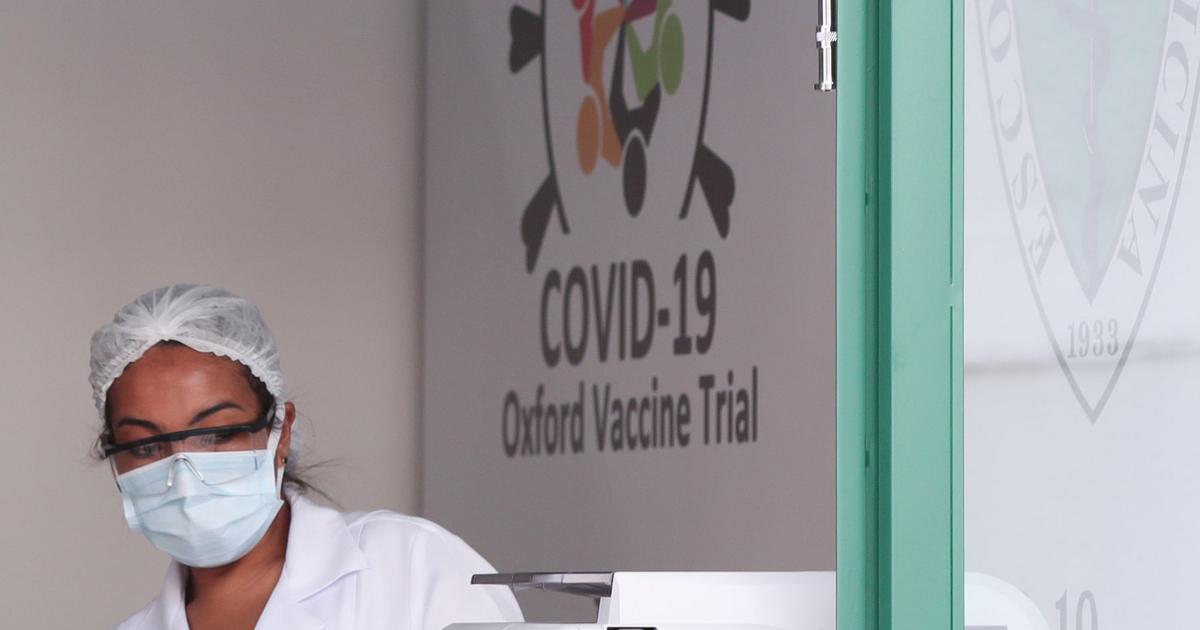Highlights:
- AstraZeneca is a frontrunner in the global race for a Covid-19 vaccine
- The Pharma giant had to pause its clinical trial when its volunteer developed an unexplained illness
British-Swedish multinational pharmaceutical and biopharmaceutical company AstraZeneca, on Tuesday, said that it had “voluntarily paused” a randomized clinical trial of its COVID-19 vaccine in what it called a routine action after one of its volunteers developed an unexplained illness.
The Pharma company, which is currently developing the drug alongside the University of Oxford, is amongst the frontrunners in the race for a Coronavirus vaccine in the world.
A spokesperson was quoted saying, “As part of the ongoing randomized, controlled global trials of the Oxford coronavirus vaccine, our standard review process was triggered and we voluntarily paused vaccination to allow review of safety data by an independent committee,” by a leading news agency.
The spokesperson added, “This is a routine action which has to happen whenever there is a potentially unexplained illness in one of the trials, while it is investigated, ensuring we maintain the integrity of the trials.”
It also said that when the trials is at such large scale, the illness will sometimes happen by chances, however, it should be reviewed independently.
The spokersperson also talked about how the firm would minimise the impact on the trial, “We are working to expedite the review of the single event to minimise any potential impact on the trial timeline,”.
It was not disclosed as to where the patient was or the nature and severity of its illness, by the company.
Pauses during clinical trials are not rare, however, it is thought that this is the first instance happening in a COVID-19 vaccine trials.
The Pharma firm, AstraZeneca is one of nine companies which are currently in late-stage Phase 3 trials for their vaccine candidates.
In the US, the firm began enrolling 30,000 volunteers across dozens of trial sites on August 31.
The vaccine which is called AZD1222, uses a weakened version of a common cold-causing adenovirus which has been engineered to code for the spike protein that the novel Coronavirus uses to take over the human cells.
After the vaccination is injected, this protein is produced inside the human body, which primes the immune system to attack the coronavirus if the person is later infected.


